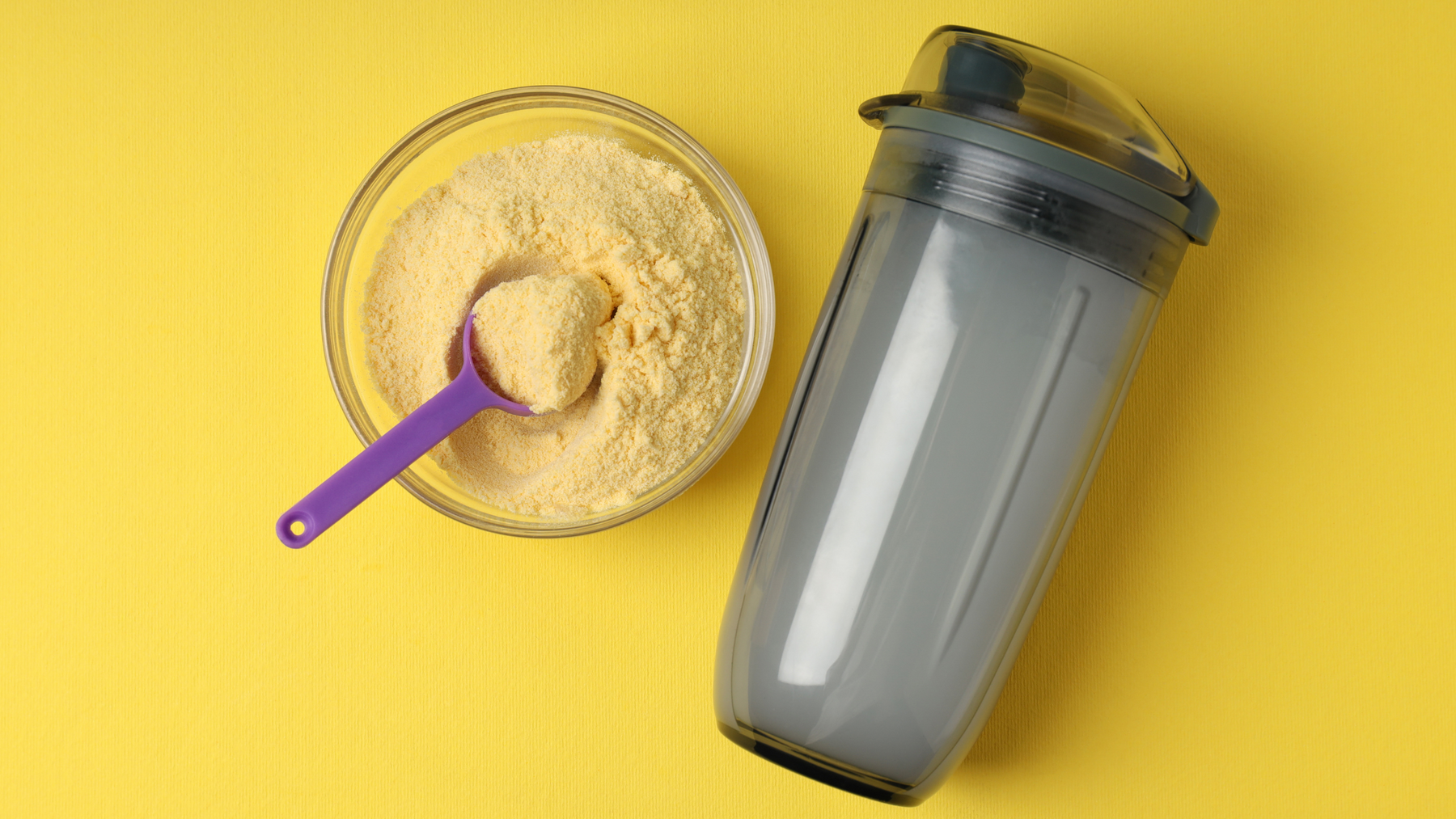
How to Choose the Best Beef Protein for Your Needs
What is Beef Protein?
Beef protein is a high-quality animal-based protein source derived from beef. It undergoes a filtration or hydrolysis process to extract the protein while removing fat and carbohydrates. Unlike traditional protein sources such as whey or soy, beef protein is naturally free from lactose, making it an excellent choice for individuals with dairy sensitivities.
Beef Protein vs Other Protein Sources
When selecting a protein supplement, it's essential to compare beef protein with other common sources:
| Protein Type | Key Benefits | Potential Drawbacks |
|---|---|---|
| Beef Protein | High in essential amino acids, lactose-free, easy to digest | May have a stronger taste |
| Whey Protein | Fast absorption, high BCAA content | Contains lactose, may cause bloating |
| Soy Protein | Plant-based, good for vegetarians | Lower in essential amino acids |
| Pea Protein | Hypoallergenic, easy digestion | Lower in methionine |
Beef protein stands out due to its complete amino acid profile and lack of common allergens.
Types of Beef Protein
Understanding the different types of beef protein can help you make an informed choice:
-
Hydrolysed Beef Protein – Pre-digested for faster absorption, ideal for post-workout recovery.
-
Beef Protein Isolate – A highly purified form, low in fat and carbohydrates.
-
Beef Collagen Protein – Rich in glycine and proline, beneficial for joint and skin health.
The Nutritional Benefits of Beef Protein
High-Quality Amino Acid Profile
Beef protein provides all nine essential amino acids, crucial for muscle repair and growth.
Low in Fat and Carbs
Unlike whole cuts of beef, beef protein supplements are typically low in fat and carbohydrates, making them ideal for those on a lean diet.
Digestibility and Absorption
Beef protein is generally easy to digest, making it an excellent choice for individuals with digestive sensitivities.
Who Should Consider Beef Protein?
Beef protein is ideal for:
-
Athletes and Bodybuilders – Supports muscle recovery and growth.
-
Individuals with Lactose Intolerance – A great alternative to whey protein.
-
Those on a Paleo or Ketogenic Diet – Provides high protein with minimal carbs.
Factors to Consider When Choosing Beef Protein
Protein Content and Purity
Look for a product that contains at least 70-90% protein per serving for maximum effectiveness.
Ingredient List
Avoid unnecessary fillers, artificial sweeteners, and additives that can impact digestion and overall health.
Flavour and Mixability
Consider taste and how well the protein powder blends with water or other liquids. Some brands may have a chalky texture.
How to Use Beef Protein for Optimal Results
Pre and Post-Workout Nutrition
Consuming beef protein post-workout helps with muscle recovery and reduces soreness.
Meal Replacement and Weight Loss
Using beef protein as a meal replacement can help with appetite control and weight management.
Cooking with Beef Protein
You can incorporate beef protein into recipes like pancakes, protein bars, and smoothies for variety.
Common Myths About Beef Protein
-
"Beef protein isn’t as effective as whey protein." – It provides a complete amino acid profile and supports muscle growth.
-
"Beef protein tastes bad." – Many modern formulas have improved flavour and mixability.
-
"Beef protein is hard to digest." – Hydrolysed beef protein enhances absorption and digestibility.
FAQs About Beef Protein
1. Is beef protein better than whey protein?
Beef protein is a great alternative to whey, especially for those who are lactose intolerant. While whey protein absorbs slightly faster, beef protein provides sustained amino acid release.
2. Can I use beef protein for weight loss?
Yes, it’s low in fat and carbs, making it an excellent option for weight loss.
3. How often should I take beef protein?
You can consume it 1-2 times a day, depending on your protein intake goals.
4. Does beef protein contain creatine?
Beef naturally contains creatine, which can help with strength and endurance.
5. Is beef protein safe for everyone?
Yes, but those with beef allergies should avoid it. Always check for additional ingredients.
6. Can I cook with beef protein powder?
Absolutely! It can be used in pancakes, baking, or blended into smoothies.
Conclusion
Choosing the best beef protein depends on your dietary preferences, fitness goals, and ingredient considerations. Whether you're an athlete, someone with dietary restrictions, or simply looking for a high-quality protein source, beef protein can be a great addition to your nutrition plan. Always check for quality and purity when selecting a product.
Shop Beef Protein
Shop our full range of beef protein here.



